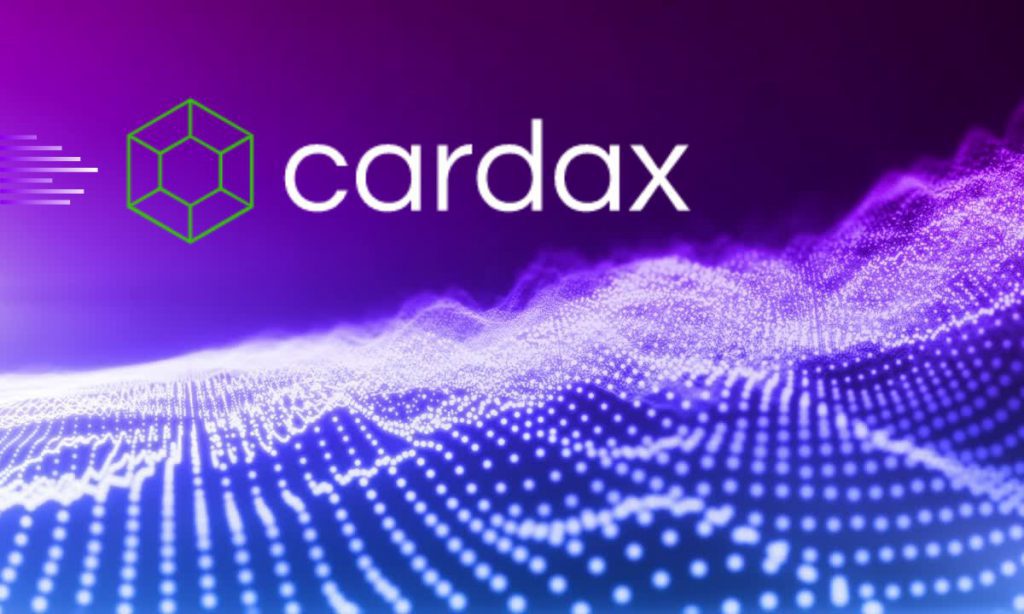Cardano and its ecosystem have been implementing major improvements since Q4, 2020, and across 2021. Its users, stake pool delegators, and the company behind its development Input-Output Global (IOG), under the leadership of Charles Hoskinson, have been particularly focused on expanding Cardano’s smart contract capabilities.
Thus, the successful implementation of three Hard Fork Combinator (HFC) events, dubbed “Allegra”, “Mary”, and “Alonzo” have opened an endless field of possibilities for Cardano. Cardax, a decentralized exchange and automated market maker (AMM), built for this network is one of the many projects seeking to leverage Cardano’s new capabilities as the ecosystem moves to fulfill a vision of decentralization, financial inclusion, and sustainability.
Supported by the Cardano community via the ecosystem’s crowdfunding program Project Catalyst, Cardax is one of the AMM on this network aiming to provide its users with a secure and reliable product. On Ethereum, hackers have taken millions from users by leveraging security flaws.
The AMM on this network will fully support Cardano’s native token capabilities by allowing its users to trade with these digital assets, to trade with different native tokens in a single transaction and become liquidity providers with the Extended Automated Market Maker (EAMM) protocol.
These features make Cardax a more efficient, cost-efficient, and secure product set to compete with Uniswap, SushiSwap, PancakeSwap, and other AMMs in the industry as it will offer users unique functionalities. This will include the capacity to trade via Cardano’s Yoroi wallet, and liquidity provides the ability to earn fees collected on the platform.
Why Cardax Is A One-Of-A-Kind Platform For The DeFi Sector
Another unique characteristic about this platform is its hybrid model that will combine the benefits of an AMM and an order book, such as the one used in traditional exchanges, to enable trading. The end-user will be able to benefit from these dual models by leveraging efficient slippage and minimizing the risk of impermanent loss.
This is how Cardax will provide a practical solution to the most common issues present in almost every AMM currently operating in the DeFi sector. At the same time, projects building on the Cardano ecosystem will be able to access a native market for their tokens and boost their adoptions levels.
The DEX is being created in collaboration with Well-Typed, a top Haskell consultancy led by Duncan Coutts, and Mlabs, a Haskell, Rust, Blockchain & AI consultancy firm. It has also partnered with Tweag, a software innovation lab that concentrates on Haskell development for finance platforms and applications.
In 2022, Cardax will attempt to deploy its own native stablecoin to facilitate trading. Post-launch, the developers of this AMM will focus on working on its second iteration with even more features and functionalities.
As Cardano aims to become a fully decentralized and self-governor ecosystem, Cardax will be managed by its community. All CDX holders, the native token for this platform, will have a voice and say about the project’s future development.
The Cardano network and its developments have a strong community and persistent detractors. The latter claimed the blockchain has taken “too long” in deploying smart contracts, but loyal users have stayed due to its clear vision, roadmap, its security, and projects such as Cardax that could support the digital economy of the future.


